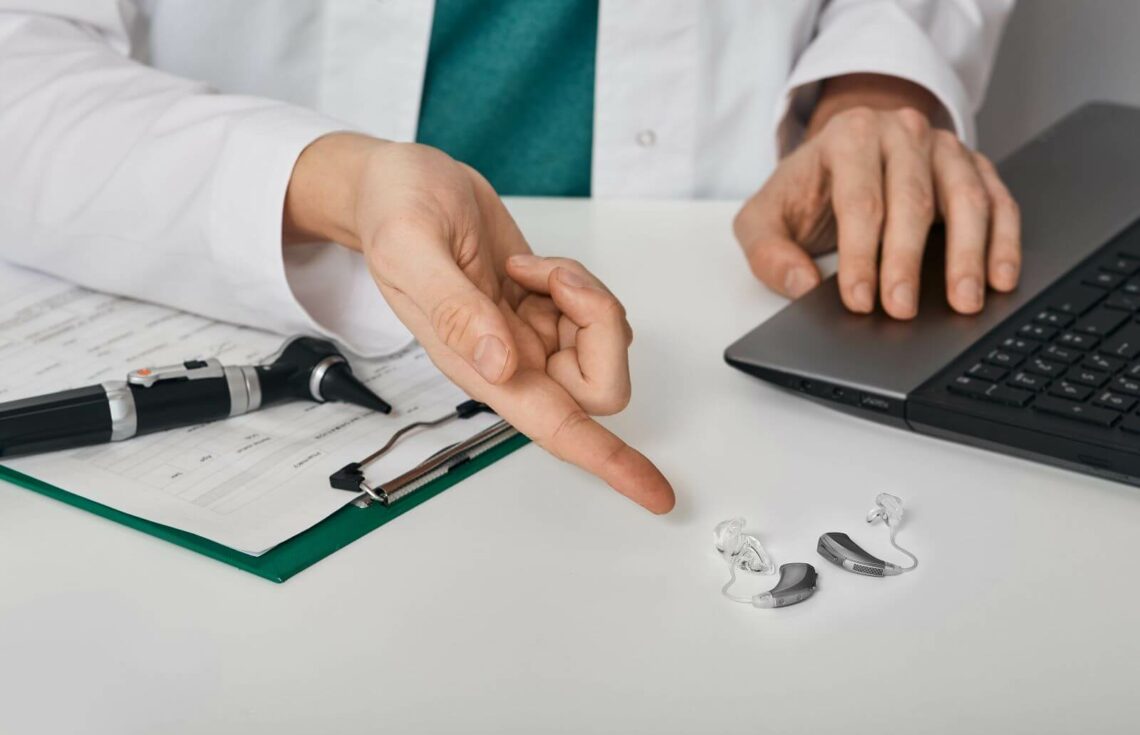Now that you’ve made the investment in hearing aids, it may be difficult to imagine life without them. Remember how difficult it used to feel, just to follow a simple conversation, or feel confident, going out into the world or driving a car on your own. Now with amplified hearing you may be feeling more connected and more confident than ever before.
Sometimes people are disappointed to discover that on average, hearing aids last 5 to 7 years. While this may not feel long enough, consider how much work these digital devices do every day, from the time you put them in in the morning till the time you rest. However, its important to maintain these amazing devices so you can get the best performance from them for as long as possible. Here are a few common issues with hearing aids you will most likely encounter and how to fix them before they become a larger issue.
My hearing aids aren’t producing any sound
The goal of hearing aids is to amplify only the specific sounds and pitches you struggle with based on your hearing exam. However, it’s all too common to put them in and experience no sound at all. Most importantly, do not panic. Follow these important steps one step at a time, to get to the bottom of the issue.
- Visually examine the hearing aid. If you have set up a nightly routine in which you clean and inspect your hearing aids it should be easier to spot a problem such as cracks or a buildup of earwax blocking the microphone.
- Make sure your hearing aid is turned on. This might seem counter intuitive, but it happens more often than you’d believe.
- Check the battery level. Change out the battery if you use a replaceable model or make sure the battery is able to hold a charge. It could be that the battery is not inserted correctly or that corrosion has occurred at the terminals inhibiting power to the device. You can clean the terminals with a soft brush dipped in a solution of lemon juice and baking soda.
- Turn up the volume with your hearing aid app or directly on the hearing aid. You’d be surprised how often this can fix the issue.
- There are several listening programs for different environments such as noisy places , quiet ones and for those who want to fully enjoy the subtle tones of music. It could be that your program is switched unaware and making the sound garbled or unintelligible.
My hearing aids aren’t loud enough
- Inspect for damage, build up or corrosion.
- Turn up the volume with your app or directly on the hearing aid.
- Switch through different listening programs
- Entertain the idea that your hearing has changed. Hearing loss is a progressive condition, which can easily become worse as we age or are exposed to elements such as loud noise, ototoxic chemicals, impact to the head, or comorbidities such as hypertension, cardiovascular disease, or diabetes. You may think that if you already are using hearing aids, that there is no need for a hearing exam. However, we understand that once a hearing loss has occurred it’s more likely it will progress. Therefore, we recommend annual tests to ensure that your hearing aid programing is still correct for you. It may be time for programming or even an upgrade.
My hearing aids sound “funny”
Following these actions one at a time will rule out issues and help you understand what is going on with your hearing aids.
- First check the battery for corrosion or a clear contact. If they are not seated right it can make your hearing aids sound strange.
- Switch programming. It is possible that you may have unknowingly switched to a wireless setting meant to be used with an assistive listening device or another application.
- Inspect your hearing aids for damage. If you see any visible damage or believe they have been exposed to water, it could mean it’s time for professionals to look at your hearing aids.
When to call in the professionals
Once you’ve tried all these tips it may be time to call a professional. Fortunately we are here to help. Contact us today to diagnose and address all your hearing aid needs.

